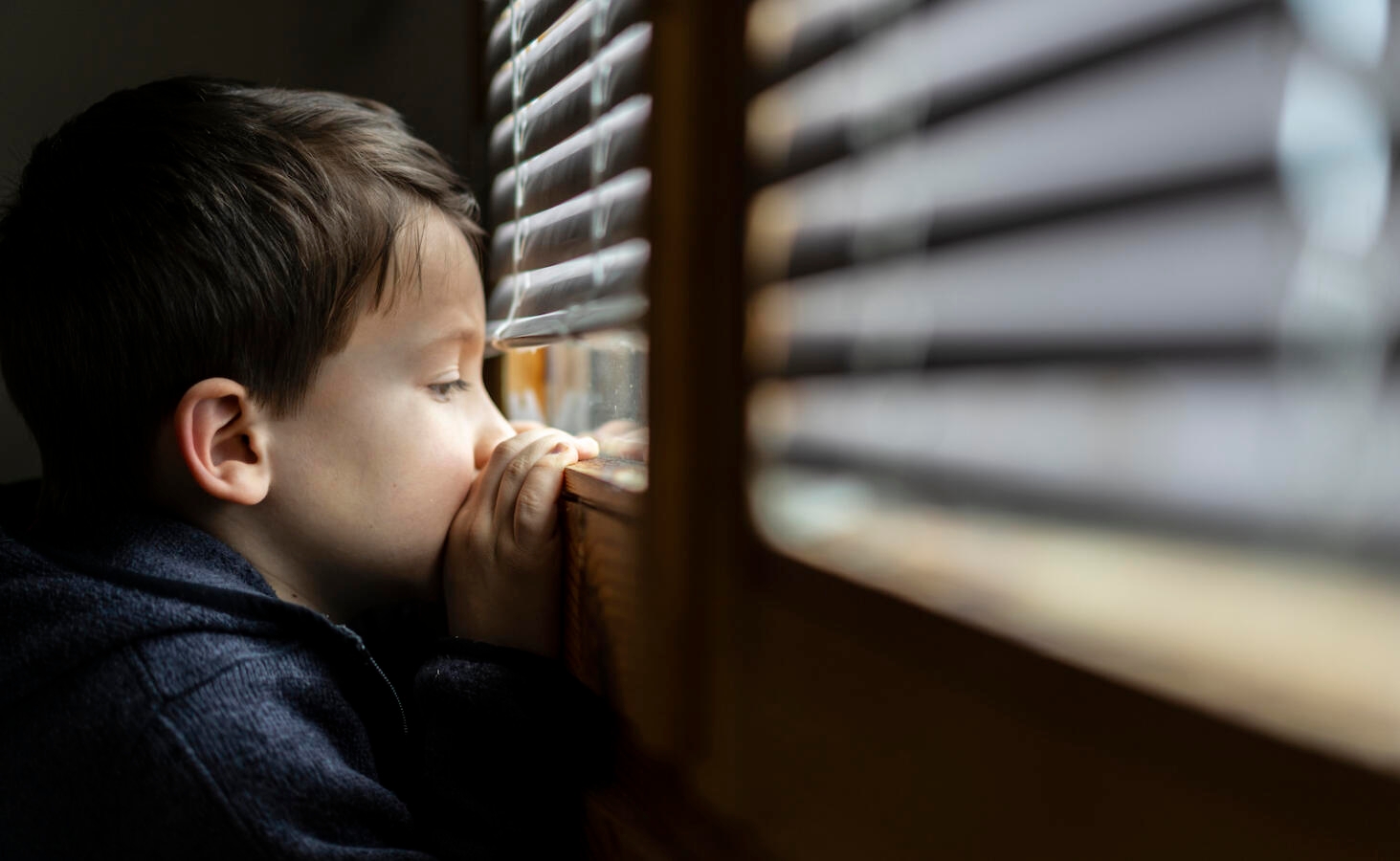It was the first day back in the office and I was nervous — happy, stressed, excited, but nervous. Eighteen months after COVID-19 shut down our ability to be physically proximate, the time had come for us to show up for work. Yes, we were masked. Yes, we were mindful about our interactions. And yes, joy and humor abounded. But I know I wasn’t the only one feeling emotional overload.
One colleague, a dear friend, was in her office. And I suddenly missed her with the intensity of the year and a half we hadn’t been close. We had shared countless meetings on almost-as-countless digital platforms. But my heart was overflowing to see her in our old familiar place.
And so I did what I typically do in overwhelming moments: I turned to Jewish tradition. I remembered a teaching from the Talmud:
Rabbi Yehoshua ben Levi said: One who sees a friend after thirty days have passed since last seeing them recites: “Blessed is the One Who has given us life, sustained us and brought us to this time.” One who sees a friend after twelve months recites: “Blessed is the One Who revives the dead.”
I looked my friend in the eyes and recited the blessing: “Blessed is the One Who revives the dead.” But as soon as I did, I wondered whether I had acted insensitively toward my friend, and by extension to those who have lost loved ones during the pandemic.

Help us keep Jewish knowledge accessible to millions of people around the world.
Your donation to My Jewish Learning fuels endless journeys of Jewish discovery. With your help, My Jewish Learning can continue to provide nonstop opportunities for learning, connection and growth.
The Talmud’s teaching is clearly the product of a time in which the physical absence of someone for an extended period of time could have indicated they had died. Seeing them again after that time would have seemed miraculous and significant.
And it was significant to be back after 18 months. On the other hand, we hadn’t been entirely apart either. Meetings, classes, weekly pre-Shabbat gatherings — all these continued in digital form. When some of us “arrived” early for a Zoom meeting, the kibbitzing and check-ins were natural and loving. So had we been apart, in which case the blessing fit? Or had we been together, in which case the blessing was inaccurate?
Furthermore, in light of millions of deaths worldwide from the coronavirus, seeing my friend alive felt nothing short of resurrective. But what of those who had died from disease? What is the emotional impact of reciting this blessing when so many souls have been lost?
Again, in my confusion, I turned to tradition for clarity — specifically to two Hasidic masters.
Rabbi Levi Yitzchak of Berditchev, commenting on the verse in Psalms “I bless God at all times,” teaches: “…there is no time I would not bless God, including the bad times, for good can come even from them.” (Kedushat Levi, Likkutim 58)
And the Baal Shem Tov, the founder of the Hasidic movement, writes: “Regarding every negative thought you must discern the Divine attribute from which it has fallen and then return the thought to that divine source. Then the husks fall off, and the letters recombine in positive ways…”
These teachings, each a product of their own difficult times, both place value on recognizing the good even then. Rabbi Levi Yitzchak teaches that the depth of learning and breadth of caregiving cultivated by countless individuals during these long months deserve recognition and praise. And the Baal Shem Tov teaches that processing the loneliness of our days apart and the complexity of our reuniting in a still-shaken world can result in reconfigured language and powerful new ways of communicating.
These treasures of Jewish spirituality helped, but I had already recited the blessing. And the moment with my friend was soon interrupted by others who were navigating their own intricate dances of joyful reconnection and tentative physical embrace.
Given that this all happened between Rosh Hashanah and Yom Kippur, during the ten days devoted to close examination of our deeds (and misdeeds), I called my friend. She shared that while she knew my intent was good, my language didn’t sit well with her. She agreed that the miracle of being together after so long was worthy of blessing, but felt that the fragile health every human being confronts on a daily basis rendered the language of the ancient blessing too on-the-nose for the moment.
I apologized, and felt grateful our friendship was strong enough for this honest conversation. Perhaps it was fitting that the awkward encounter happened in the physical world and the healing one was virtual.
Physical reconnection in today’s digitally connected age is far from simple, and the language of the past sometimes falls short. But our tradition suggests that discovering blessing is always possible, recombining language in new ways can be holy, and that renewed friendship is nothing short of miraculous.
This article initially appeared in My Jewish Learning’s Shabbat newsletter Recharge on Sep. 18, 2021. To sign up to receive Recharge each week in your inbox, click here.



